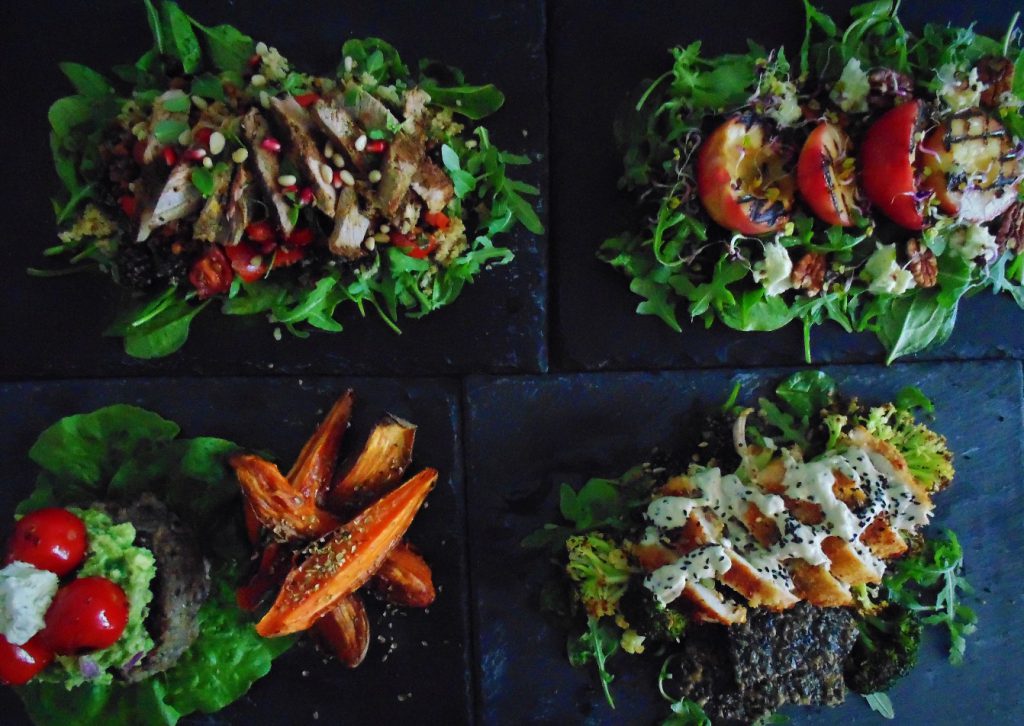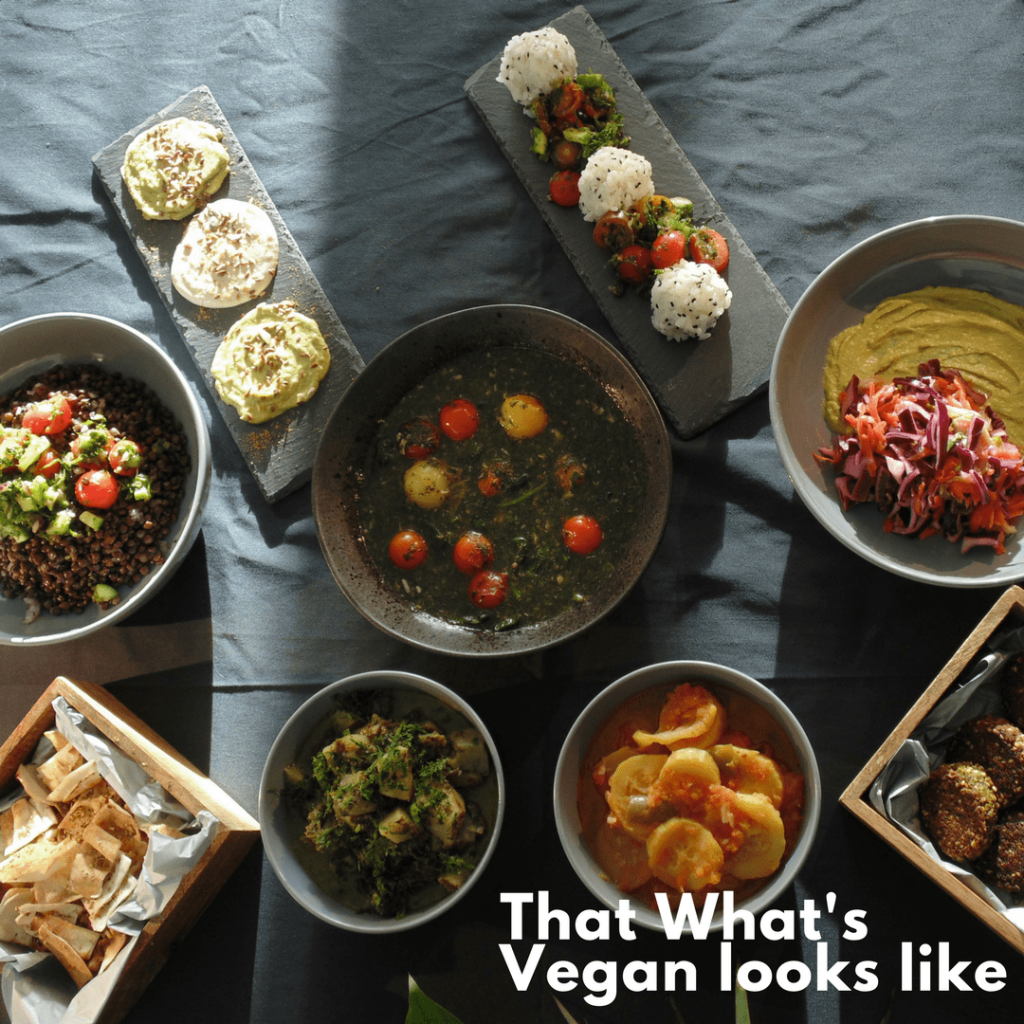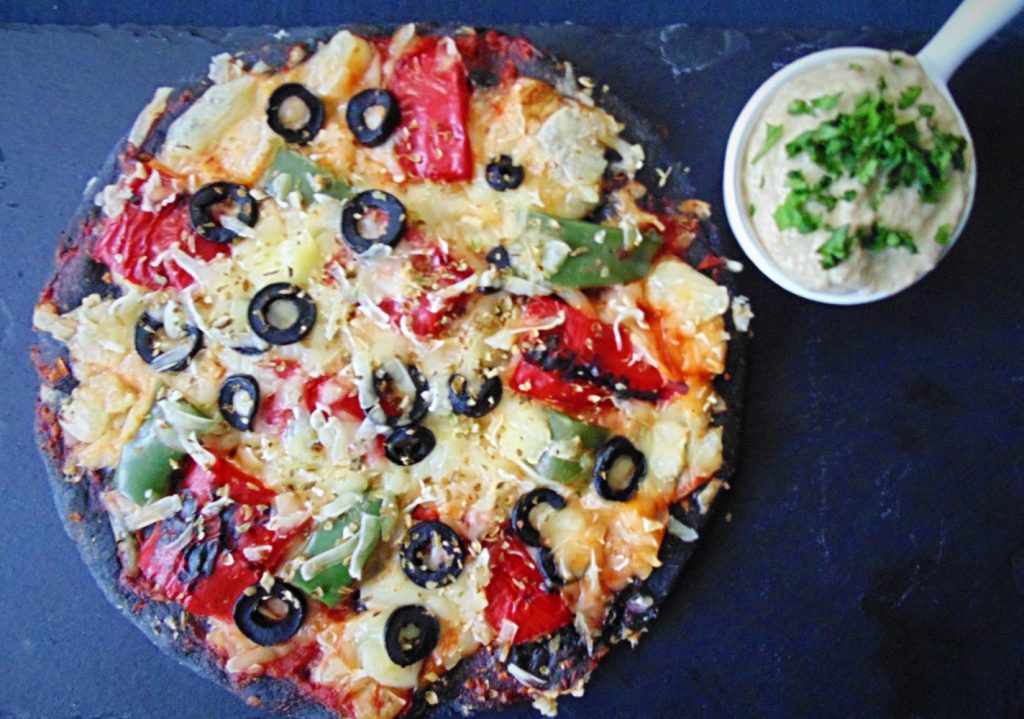Conscience kitchen: The startup sparking “The Renaissance of Sustainable Cooking”
I sat down with Amira Elsekely, founder of Conscience Kitchen, to discuss her mission to bring 100% ethical food to people’s tables.
By Rute Costa

Amira walks into our office bearing boxes of delicious food, and I secretly ponder the possibility of only interviewing chefs from now on. She prepared it all this morning, and explains each item with a level of detail that reflects passion and expertise. Her new business venture, Conscience Kitchen, is fuelled by these same qualities.
Amira has taken the huge leap of faith that so many entrepreneurs recognise. In two days, she went from being head chef in a Covent Garden restaurant to founding Conscience Kitchen, an ethical online restaurant catering to all dietary needs. I ask her why she decided to take the risk and found it. “I just realised how much food we were wasting [at the restaurant] – I think we wasted about 21% of the food that we had. So I came up with the idea of opening a waste-free restaurant”. This restaurant idea, Amira tells me, later developed into “a purely online company”.
Despite doubts and insecurities about how a “strictly ethical company” would be received by the general public, Amira persisted with her idea. “I decided to go ahead with it because it has a personal attachment to me, it’s just an extension of who I am and how I live my life”, she says. Amira’s lifestyle shares the values of her business venture: “I ethically consume food, clothing, furniture, and even my energy supplier is ethical, so I felt slightly hypocritical trying to open up a business that was not quite as ethical”. At home, she admits to enforcing the healthy and ethical habits on her husband and two children. “The good news is I’m still married!”, Amira adds, mid-laughter.
“I ethically consume food, clothing, furniture, and even my energy supplier is ethical, so I felt slightly hypocritical trying to open up a business that was not quite as ethical.”

Amira influences her children to grow more aware of the ingredients and foods they consume in the same way she was taught when growing up. “My mum’s family is incredibly poor, they come from a very rough background in Egypt. Their relationship with food is more tied with appreciation because they don’t have that much food to waste in the first place. They create the most amazing meals from the most humble ingredients that they have”, Amira says. From her ancestors, particularly the women in her family, Amira learnt to value each ingredient, to cook seasonally and never let anything go to waste. She wishes to carry on that bloodline.
“Is that why you describe Conscience Kitchen as ‘the renaissance of sustainable cooking’, because it’s a rebirth of the habits you learnt from your family?”, I ask. The answer is “no, not really”. “It’s more about really going back to the way most people’s relationship with food was anyway”. In simpler terms, “seasonal”, Amira tells me. Conscience Kitchen encourages consumers to mentally undo the luxury of having access to every type of ingredient in the supermarket, to refocus on what there is seasonally available, and to really appreciate every item.
“I want to change the perception of what ethical food really means. A lot of people, when I say ethical food, think ‘that’s really niche’, or that it’s purely organic, and I’d love to not have that comment, I’d love for it to be considered mainstream, because it should be.”

To Amira, sustainable cooking means being “in line with protecting the environment, not harming it in any way, shape, or form during the production process from the farming to the table”. She explains this is not only healthier, but the “easiest way forward” for people and planet. Ethical cooking is waste-free, sparing Earth’s increasingly scarce resources, and seasonal, meaning a lower carbon footprint and support to local farmers and businesses. Conscience Kitchen’s aim is to “change the perception of what ethical food really means”. Amira tells me that “a lot of people, when I say ethical food, think ‘that’s really niche’, or that it’s purely organic, and I’d love to not have that comment, I’d love for it to be considered mainstream, because it should be”.
So how can the ordinary consumer become more ethical? Amira’s advice is simple: “First of all, you have to keep it in mind”. She explains that unlike what most of us think, becoming more ethically-focused requires minimal changes to our habits and can be achieved by gaining just a little more awareness. Amira says we don’t need to ditch supermarkets altogether and just go to local farmers (although a bit of that would also be beneficial). She encourages consumers to look into their supermarket’s ethical commitment policies and choose their ingredients well: Amira says “fairtrade and Rainforest Alliance are an easy shortcut”, that we should aim to buy dry ingredients in bulk and ditch packaging in favour of loose fruit and vegetables – “the less packaging you have on your shopping basket, the more ethical you are”. As with everything, she explains, “it becomes easier with practice”.
If, however, you want a shortcut to ethical eating, the Conscience Kitchen’s online restaurant has it all. Amira has spent the last 8 months preparing the launch of her online restaurant and delivery service, ensuring that every step of Conscience Kitchen’s food leaves zero to minimal environmental footprints. “Unfortunately there is not one source in this country where you can find the sourcing, the packaging, the waste management, everything that is ethical. Right now, I’m just pulling it from a thousand different sources to make one Ethical business model”. Despite the challenge to maintain her ethical values every step of the way, Amira finds “the chance to develop a business model exactly how you want it” extremely exciting.
Conscience Kitchen’s deliverers will be riding bikes, as the online restaurant will be local and targeted to a specific demographic. In the future, Amira aims to open branches of the online restaurant in different neighbourhoods. She explains that Conscience Kitchen works just like other food delivery companies, except it is 100% ethical and inclusive of all dietary needs. Amira has spent years perfecting recipes, and admits that “every recipe is probably version number 17 or 25, or something like that”. Conscience Kitchen offers gluten-free, vegan, pollotarian, pescatarian and flexitarian options, all fruit of the head chef’s many years of experimenting with and perfecting recipes.
“I’m quite passionate about hiring refugees and people from the neuro-diverse community.”
Conscience Kitchen’s inclusivity doesn’t stop here. Amira’s ethical values extend to how she intends her staff to be treated. “I’m quite passionate about hiring refugees and people from the neuro-diverse community because I’m dyslexic and part of it as well”. Amira has seen kitchen staff be penalised for their refugee status: “They’re stuck to somehow being taken for granted or being in a place where they’re not appreciated because there aren’t that many options out there for them”. Conscience Kitchen wants to fight this by creating fair and inclusive working opportunities. The same applies to members of the neurodiverse community. “I really want to create a suitable working environment for them. I’m working with someone now to develop exactly what tasks they are able to do without getting stressed or adding to their condition”, she explains.

In the long-run, Amira wants to see Conscience Kitchen develop sustainably, just how she imagined it. “I’d love it to be one of the top ordering companies and to be in at least five different locations. That would be absolutely fantastic. I want to see it grow whilst maintaining the same values”. Carefully planning the launch of her enterprise has meant Amira hasn’t cooked much in the past few months – “it drove me crazy”, she admits. Now, she is eager to leave the desk and get back into the kitchen. If everything Conscience Kitchen makes is as delicious as the vegan charcoal pizza and the falafel I had the pleasure of tasting, I wholeheartedly support this move.

Photo credits: Conscience Kitchen
